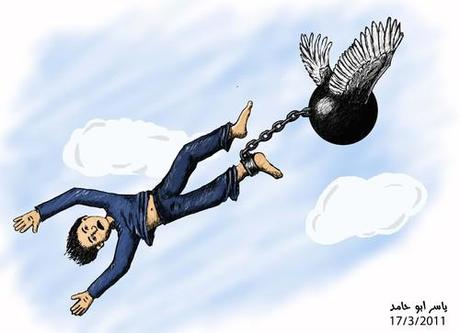Since Erich Fromm published his classic Escape from Freedom or Fear of Freedom in 1942, the psychological study of freedom — or unfettered choice — has been a rich field of study, even if it does seem to lack a bit by way of data.

Though I haven’t kept up with the literature, this interview with the psychologist Barry Schwartz suggests that the field is as provocative (and perhaps right) as ever. Some key excerpts:
The question then is: are people actually liberated by all this freedom? A study came out more than ten years ago, that actually showed that when you give people too much choice, instead of being liberated, they get paralyzed.
You’re not shackled the way your parents or your grandparents were, what could be better? It just turns out that when you give people this kind of unconstrained opportunity to reinvent themselves, they don’t know what to do. Or if they do it, they look over their shoulders, convinced that they’ve made the wrong decisions, made the wrong career move, the wrong romantic choices and so on.
So you are plagued with doubt, you are always dissatisfied with whatever you’ve chosen because just around the corner there’s a better option. And I think we see this in the explosion of people seeking psychotherapy. In this land of milk and honey of unimagined freedom and affluence, everybody seems to be miserable.
When choice was limited, I think people’s aspirations and expectations were limited. And so you could live a decent life and feel good about it. But living a decent life just isn’t good enough anymore. Why would you settle for decent when anything is possible?
It seems to me that Schwartz’s insights have some relevance to religious choices (i.e., whether to believe, what to believe, etc.). I’ll give this some thought and post on it later. What do you think?


